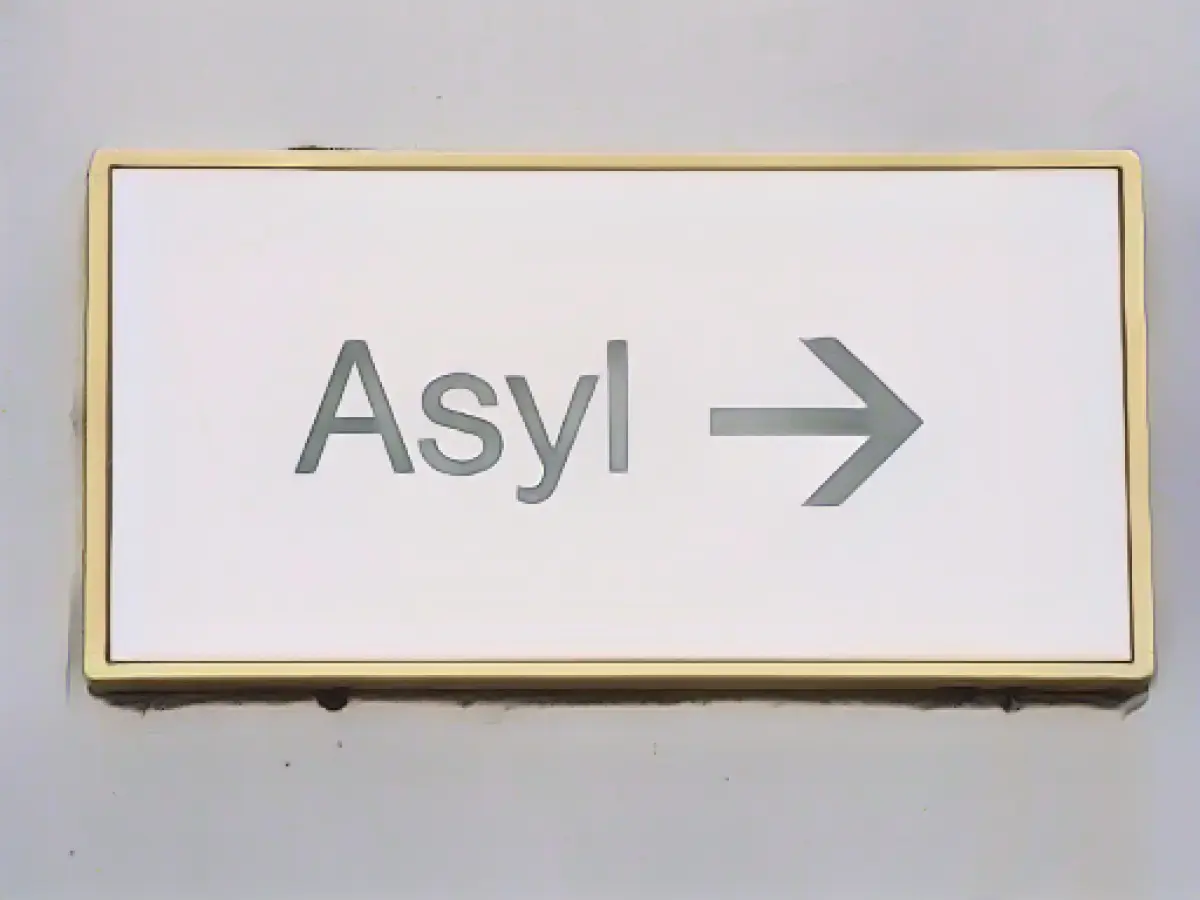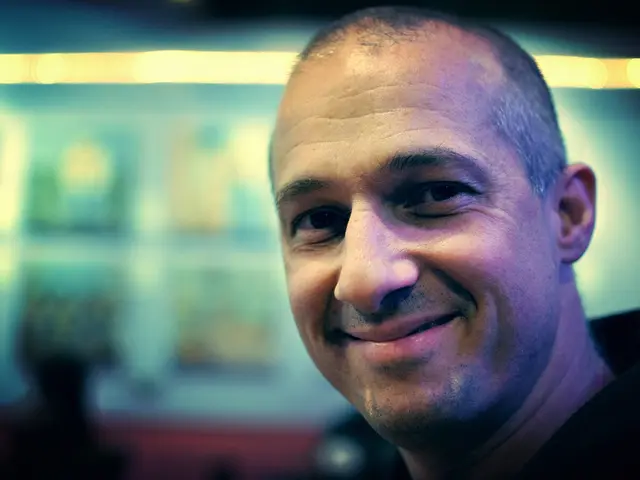Schleswig-Holstein's State Government Pushes for More Federal Funding in Asylum Policy
The Schleswig-Holstein state government is advocating for a larger share of the federal budget to finance their migration resolutions. Alas, the federal government has shown reluctance to contribute, as pointed out by Deputy Prime Minister Monika Heinold (Greens), who temporarily stepped in for Minister President Daniel Günther (CDU), who was indisposed.
In light of the new resolutions, the federal government's financing will be influenced by the number of asylum seekers in the state. A fixed sum per applicant, amounting to 7500 euros, has been agreed upon. Although State Minister President Günther has expressed his agreement with the federal-state discussions' outcomes limiting migration, which took place on November 6, Heinold anticipates swift implementation of these resolutions within the state.
The integration of asylum seekers is a crucial factor in promoting better and speedier work opportunities. This, in turn, enables them to become financially self-sufficient. Heinold is optimistic that these facilitations will be transformed into federal law soon.
Integration Challenges
The state of Schleswig-Holstein faces significant hurdles while integrating asylum seekers. Notably, the Welcome Centre, which was supposed to attract skilled foreign workers, has been lambasted for its inefficiency and meager results. Despite an extensive budget, it has only managed to place five workers in a year, sparking concerns about the center's effectiveness or budget allocation.
Additionally, unemployment rates in the districts accommodating asylum seekers and the local population's willingness to support integration are essential for successful integration. However, elevated unemployment rates and the presence of far-right voters have been shown to negatively impact asylum seeker integration.
Policy Debates
The federal government's asylum policies have been shaped by far-right parties, such as Alternative for Germany (AfD), which advocates for tighter migration rules and the massive deportation of foreign-born criminals. This stance has resulted in more restrictive asylum policies, which might further hinder asylum seeker integration.
The Greens, a federal government party, have faced criticism for their anti-refugee policies, including the rise in detention prior to deportation and cuts in social advice services for refugees. These policies create an environment that makes it difficult for refugees to integrate and less appealing.
In conclusion, because there's no concrete information about the federal government's stance on Schleswig-Holstein's budget request, implications from existing policies and challenges suggest that the integration of asylum seekers in Germany is a multifaceted issue. Restrictive policies, ineffective integration programs, and social isolation lead to burdened follow-up costs and seclusion.








